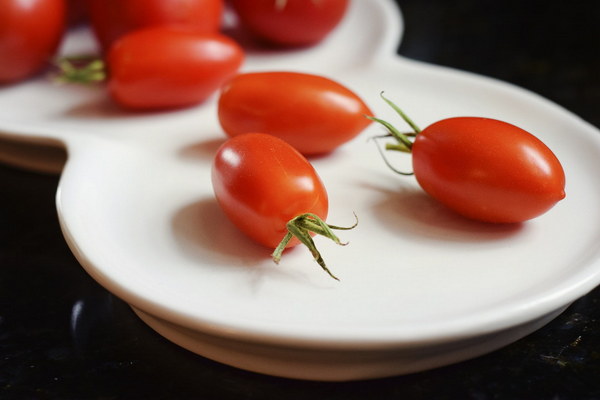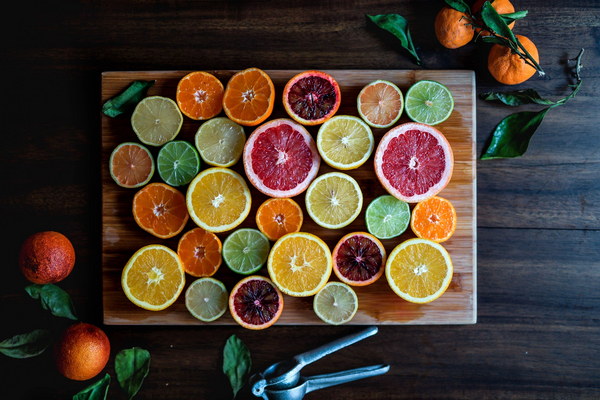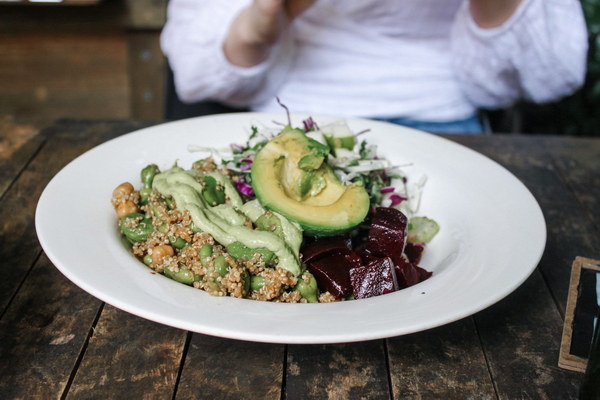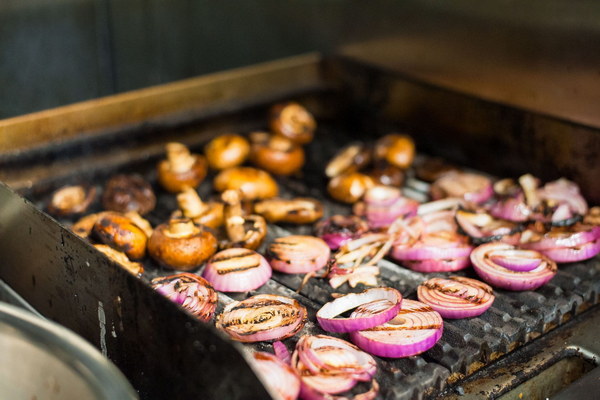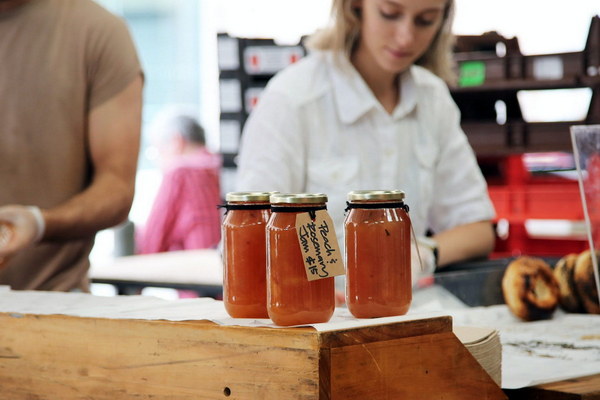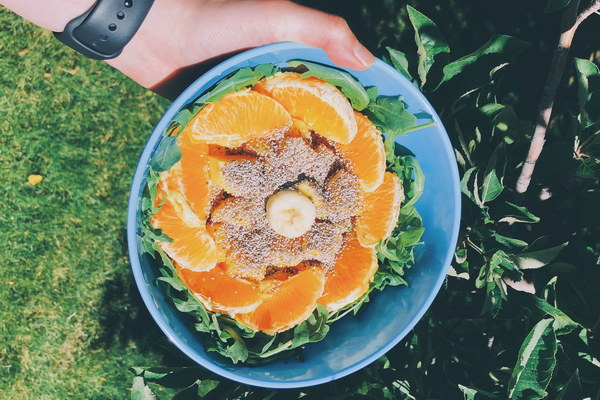Replenish Your Body Post-Menstruation A Guide to Post-Period Nutrition
Introduction:
The menstrual cycle is a natural process that affects every woman. After the completion of a menstrual period, it is essential to replenish the body's nutrients and restore its energy levels. This article aims to provide a comprehensive guide to post-period nutrition, offering valuable tips and suggestions to help you nourish your body and promote overall well-being.
1. Hydration:
Staying hydrated is crucial after your period. During menstruation, your body loses significant amounts of fluids, including blood and electrolytes. To replenish these fluids, drink plenty of water throughout the day. Aim for at least 8-10 glasses of water daily. Additionally, herbal teas and infused water can provide additional hydration and replenish electrolytes.
2. Iron Intake:
Iron deficiency is a common issue among women during and after their menstrual cycle. To combat this, incorporate iron-rich foods into your diet. Include foods such as lean meats, poultry, fish, beans, lentils, tofu, spinach, and fortified cereals. Consuming vitamin C-rich foods, such as citrus fruits, berries, and bell peppers, can enhance iron absorption.
3. Protein:
Protein is essential for muscle repair and overall recovery after your period. Include a variety of protein sources in your diet, such as lean meats, fish, poultry, eggs, dairy products, legumes, and nuts. Aim to consume around 1.6 to 2.2 grams of protein per kilogram of body weight, depending on your activity level.
4. Calcium and Vitamin D:

Calcium is vital for maintaining bone health, and vitamin D aids in calcium absorption. During your menstrual cycle, your body may experience a decrease in calcium levels. Include dairy products, leafy greens, almonds, and fortified foods in your diet to ensure an adequate intake of calcium. Additionally, spend time outdoors to get vitamin D from sunlight or consider vitamin D supplementation.
5. Omega-3 Fatty Acids:
Omega-3 fatty acids have numerous health benefits, including reducing inflammation and promoting heart health. Include sources of omega-3s in your diet, such as fatty fish (like salmon, mackerel, and sardines), flaxseeds, chia seeds, and walnuts.
6. B Vitamins:
B vitamins are essential for energy production and overall metabolic function. Include foods rich in B vitamins, such as whole grains, legumes, nuts, seeds, and leafy greens. Additionally, consider a B-complex supplement if your diet is lacking in these nutrients.
7. Prebiotics and Probiotics:
A healthy gut is crucial for overall well-being. Include prebiotic foods, such as bananas, onions, garlic, and asparagus, to feed your gut bacteria. Probiotic-rich foods, such as yogurt, kefir, and sauerkraut, can help maintain a balanced gut flora.
8. Mindful Eating:
Pay attention to your hunger and fullness cues while post-menstruation. Listen to your body's needs and avoid overeating or undereating. Emotional eating is common during this time; try to identify the underlying causes and find healthier coping mechanisms.
Conclusion:
Replenishing your body after your period is essential for optimal health and well-being. By incorporating these nutritional strategies into your diet, you can nourish your body and support its recovery. Remember to consult with a healthcare professional before making significant changes to your diet or starting any new supplements. With the right approach, you can embrace your post-menstrual phase with vitality and strength.
